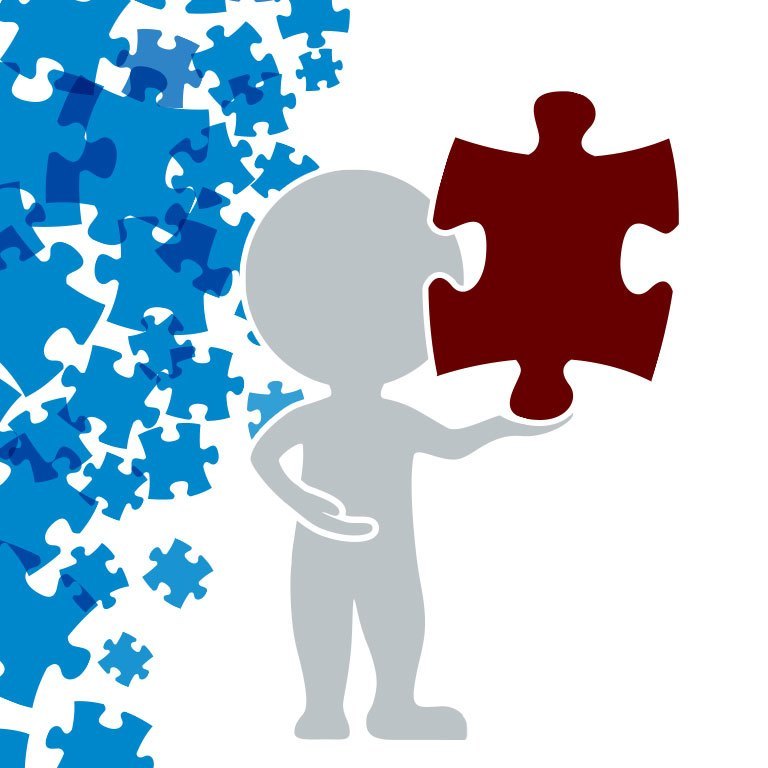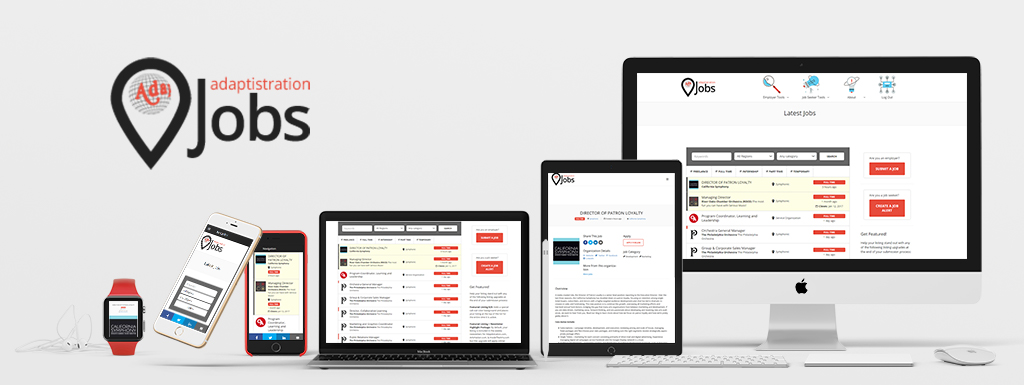Ever since my article about Joffrey Ballet’s Groupon success, there has been a good bit of discussion about the topic throughout the culture blogosphere. Tara George over at Technology in the Arts did some fascinating Q&A about Groupon with arts groups, Chad Bauman at Arts Marketing poked a few holes in the Groupon strategy, and Joe Patti over at Butts In Seats saw the forest for the trees…
 Each article is worthwhile and I recommend taking the time to read them by week’s end. Even though I don’t see Groupon in the same light as Bauman, his words of caution make sense if an arts group uses Groupon in the way he suggests, vis-à-vis a last minute tool to fill empty seats. Bauman brings up the very same point (#4 in my list) I made about Groupon inadvertently training ticket buyers to wait for the lowest price.
Each article is worthwhile and I recommend taking the time to read them by week’s end. Even though I don’t see Groupon in the same light as Bauman, his words of caution make sense if an arts group uses Groupon in the way he suggests, vis-à-vis a last minute tool to fill empty seats. Bauman brings up the very same point (#4 in my list) I made about Groupon inadvertently training ticket buyers to wait for the lowest price.
But Patti takes a different look at Groupon, in what I think is a stronger context, and suggests using it in the same way airlines sell tickets.
I wonder if you can affect the timing of the offer. That way, you can use it in a manner closer to that used by airlines. Not everyone in the plane is paying the same for their seats, but generally it is recognized that those who purchased earlier got a better deal. If you can arrange things so that people need to commit to the performance a couple months out, then at least you emphasize the need to plan ahead.
I found George’s five questions pretty fun to answer, here’s what I came up with:
1) Can this service be useful for reaching new audience members?
Absolutely. There are so many good reasons out there, find one you like and run with it.
2) If so, how can organizations efficiently track these new customers?
I’m a big fan of the K.I.S.S. principle so if you combine that with one of my other favorite practices, getting as much face to face time with newbies as possible, it would be fascinating to tie this into a “Take A Friend…” style event. After all, there’s no better way to start tracking newbies than meeting them in person.
Now, if you’re talking about traditional ticket buyer tracking via your box office database, then the answer depends entirely on which system you use. Some outfits <coughthatsoundsalotliketicketmaster> will guarantee you can’t do a thing to track buyers so don’t waste time thinking about it.
3) What if current subscribers and regular audience members decide to take advantage of these lower ticket prices?
This is a bad thing because….? The only real reason I could see regular subscribers jumping ship to the Groupon offer is either price or they simply like buying things through Groupon. Either way, you have useful info that would otherwise remain unknown.
4) Or what if current subscribers resent that others purchased their subscriptions at a substantial discount?
I think Joe Patti has the right idea here with the airline analogy. I don’t resent the other passengers on the plane [insert snarky airline passenger comment here], why would other ticket buyers resent Groupon customers?
5) Could online discounting actually backfire and decrease revenue?
Sure, but it isn’t likely if you put the right amount of planning into the sales strategy. Just about every sales strategy can backfire if it’s poorly designed but the question is extremely useful from the standpoint of engaging a thorough planning process.



Thanks, Drew for taking the time to answer Tara’s proposed questions
Shoshana Fanizza adds her perspective on the Audience Development Specialists blog – http://bit.ly/b3gg2I
Laura Gunderson at The Oregonian also reports out on the idea of Groupon “bullies” at http://bit.ly/aRCoRM
Thanks for adding the additional links, I haven’t seen either of those but will check them out later today.
First, a little background: I used Groupon for a tasting at the wine shop I run. The response exceeded my expectations, and less than 5% of the Groupon purchasers had ever been to the shop.
The concern over last minute seat filling syndrome is unwarranted, I think. Groupon was very flexible with the offer. The terms of the offer were basically entirely decided by me, and I chose to set the offer for specific dates (4 tastings over a two week period). Used in this way (as an event rather than a product offering) allowed us a great amount of security inasmuch as we knew well in advance how many ‘extras’ would be in for each specific date.
The long and short is that every parameter of the offer is essentially up to the individual or group or business that offers it. As Drew says above, you need a plan and need to have a clear idea of what you want out of the offer. But if the goal is to get new faces in and give them a chance to experience what your organization offers, then this is certainly a proven way to do it. Each sold Groupon will obviously bring less rev than any non-groupon ticket, but it basically costs nothing. If you retain even a small percentage of those purchasers as future non-offer customers (which I’ve done at the shop), then it’s worth it.
Thanks for the first-hand account, this is very helpful and something orgs should consider when figuring how best to use Groupon.